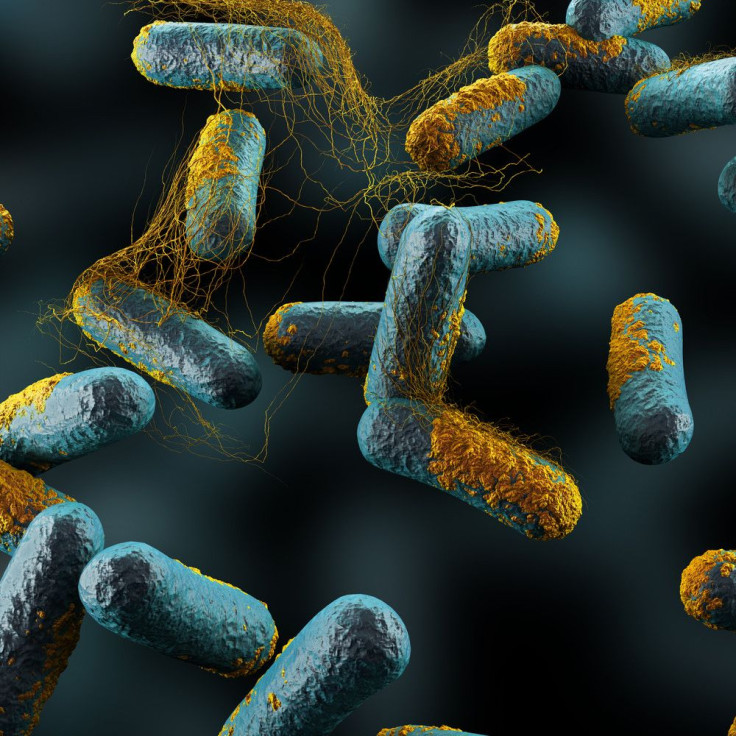Digestive Health And The Immune System: Good Gut Bacteria Relieves Inflammatory Bowel Conditions

There are good and bad carbohydrates; good and bad fats; and good and bad bacteria. The good bacteria, as described by Natural Health, “helps fight off harmful invaders, particularly in our intestinal tract.” Now, a mice study published in Cell Host and Microbe found the immune system may help encourage the growth of these good gut bugs.
"Our work highlights that the immune system shapes the composition of bacterial communities in the intestine," Dr. June Round, senior study author and assistant professor of pathology at the University of Utah School of Medicine, said in a press release. "This interaction is important because it's becoming more…clear that resident microbes are very important for our health." Abdominal cramping, ulcerative colitis, and Crohn’s disease — generally known as inflammatory bowel syndrome — are examples of conditions associated with an imbalance in good gut bacteria.
The mice in Round’s study were deficient in a protein called MyD88, a component of their immune system. This leads to an imbalanced gut bacterial community, thus making mice more susceptible to contracting a severe IBD-like illness. Considering that some people with IBD have mutations in genes that are part of a MyD88-controlled pathway, Round said, a fecal transplantation (collecting, processing, and delivering stool from a healthy donor) improved IBD-type disease. And in fact, when mice receive fecal transplants from healthy mice, their symptoms alleviated.
The loss of MyD88 disrupts production if IgA, an antibody that works “like a gatekeeper that controls which types of bacteria, and how many, are allowed to inhabit the gut.” Without MyD88, Round and her team concluded IgA failed to recognize species it would be able to otherwise.
Ultimately, digestive health shapes the immune system, Round said. Though the present study focuses on mice, a 2013 human study found gut microbiota interacts with both innate and adaptive immune systems, playing a crucial role in maintenance and disruption; researchers categorized our immune system as “an ecosystem consisting of great number of commensal bacteria.”
"There is a conversation between our immune system and our resident bacteria," Round explained. "The microbes can send signals that tell our immune system how to develop and in turn our immune system can shape what types of microbes live on our body."
Fermented foods, like kefir, sauerkraut, kombucha, miso soup, have all been found to boost gut bugs. Another way to get good bacteria is to load up on probiotics, like Greek yogurt. In fact, in the 2013 study, researchers suggested probiotics alone can be used as an ecological therapy in the treatment of immune disease.
Source: Round L, et al. MyD88 Signaling in T Cells Directs IgA-Mediated Control of the Microbiota to Promote Health. Cell Host and Microbe, 2015.
Published by Medicaldaily.com



























